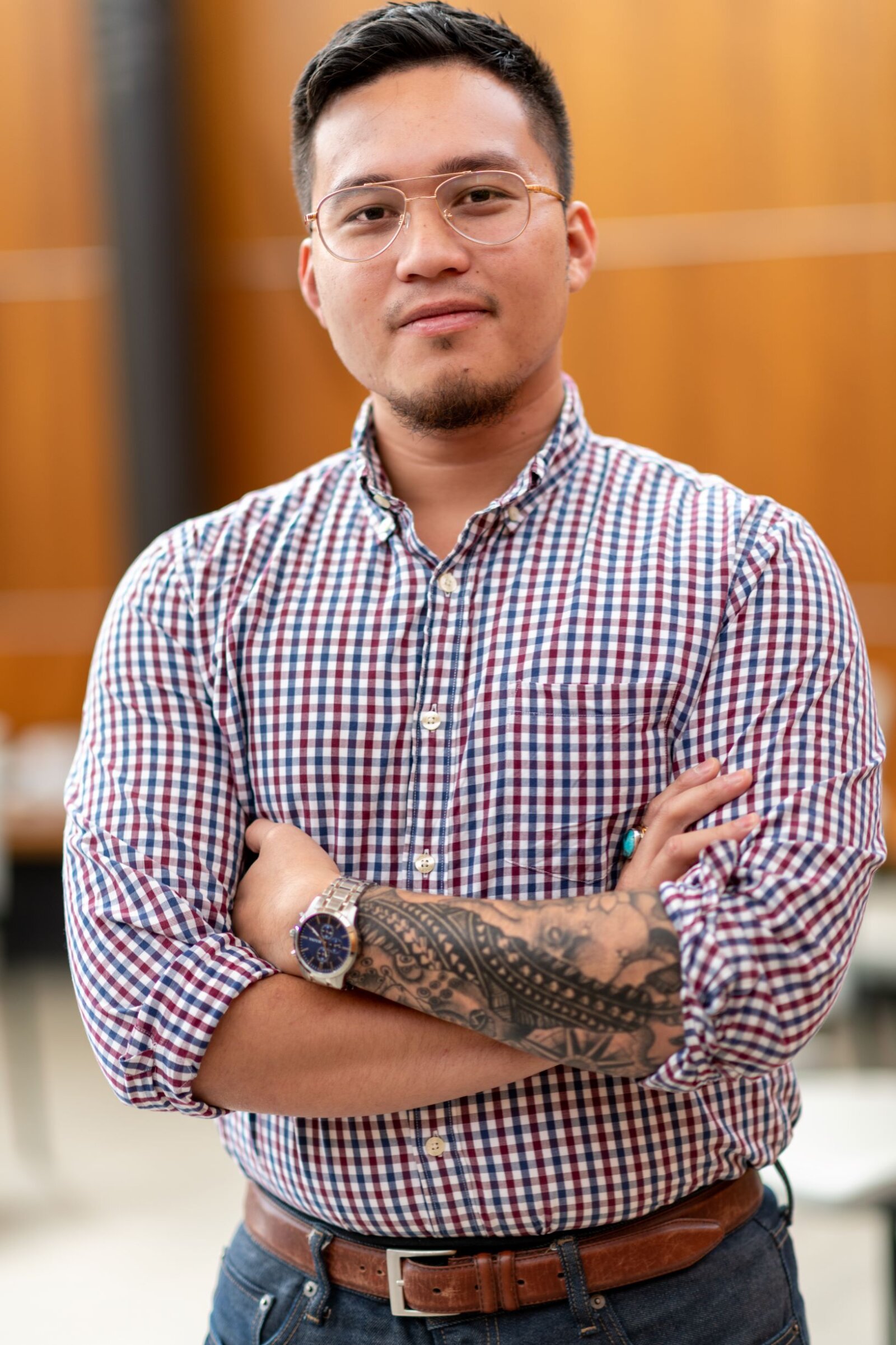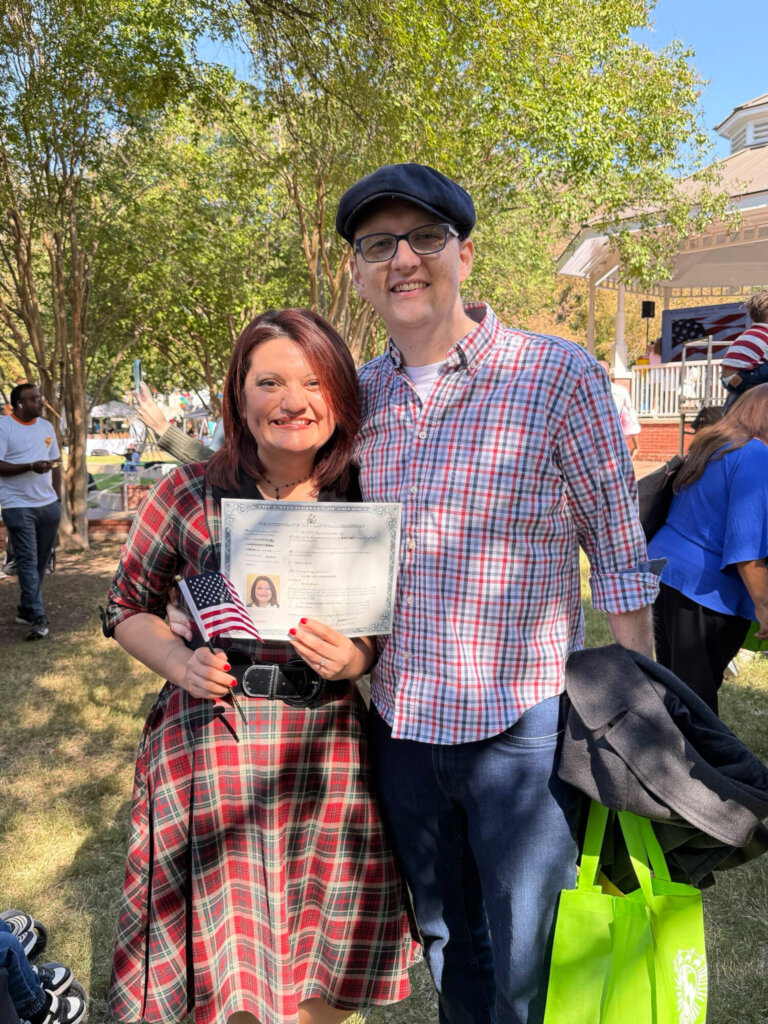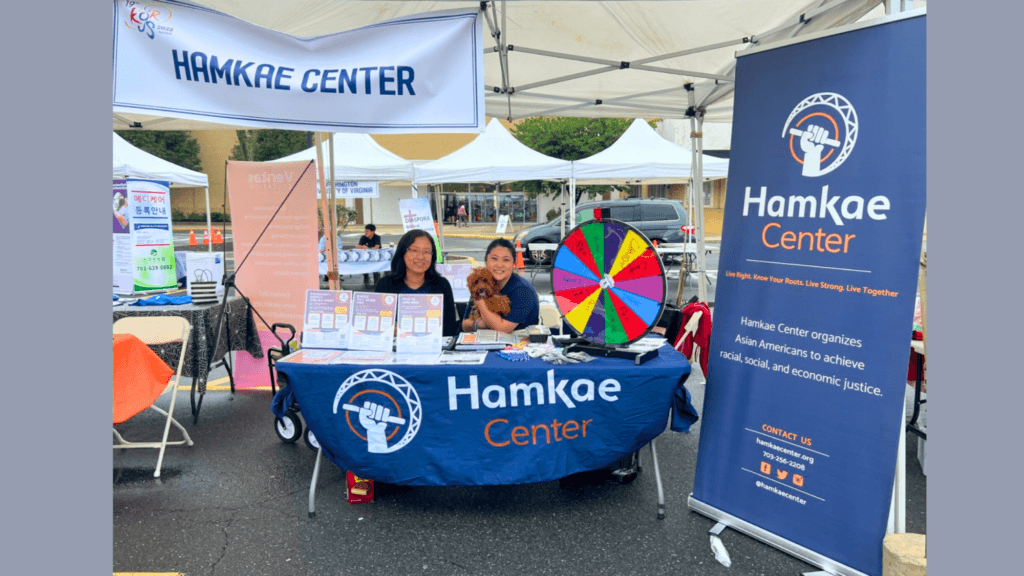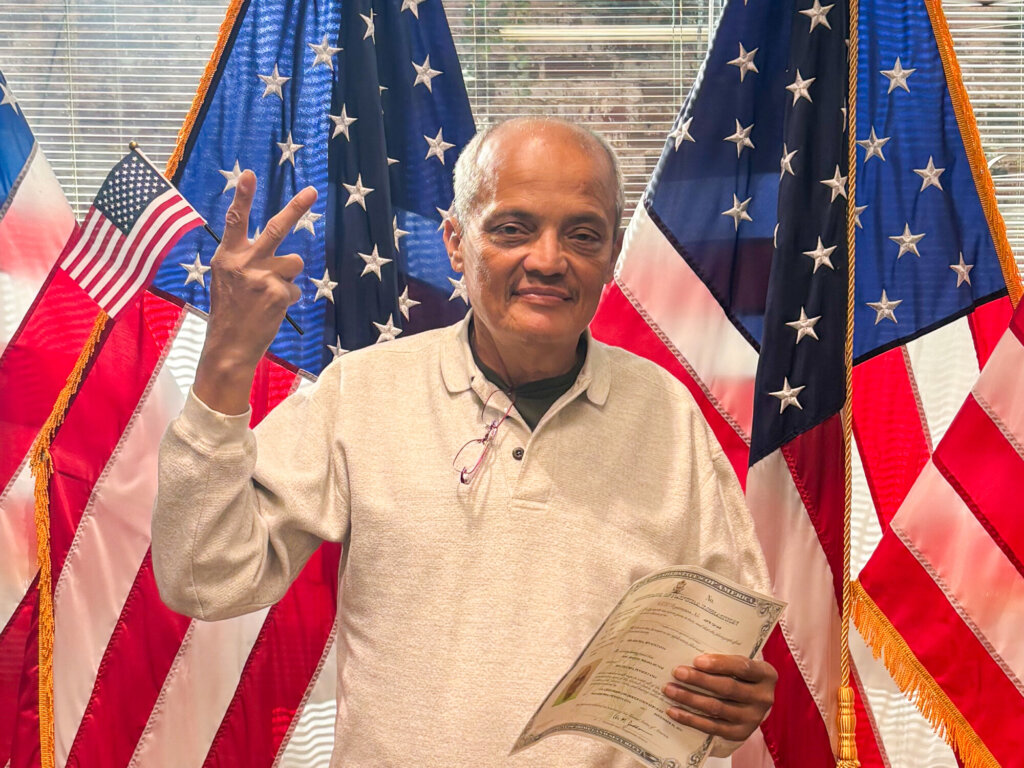John Jabez Ledres: “When I check off my candidate on the ballot, that is when I will feel the power of citizenship”

Explore more
My name is John Jabez Ledres.
I was born in Cebu City, in the Philippines. My mother was a
dentist as well as a tutor and my father was a CEO for a nonprofit. They had
really good jobs but even so they saw that there was not a lot of opportunity
in the Philippines, even with those privileges; they were almost living
paycheck to paycheck and not really moving forward.
My mother went back to school because the United States needed
special education teachers. She got her master’s in special education and,
through an agency, she was eventually hired by a school system in North
Carolina. My parents brought my three sisters and me to the United States in
2009.
I’ve lived in the United States for the last 10 years. I was 16 when
we came and I was lucky to have learned English growing up, so the language
barrier wasn’t there. But culturally, moving from an urban area in the
Philippines to rural North Carolina, surrounded by people who had not
interacted with Asian people ever in their lives, that was really hard. As an
immigrant I didn’t have the language for what I was feeling, that was one of
the biggest difficulties for me—knowing how to voice my concerns. I would
pinpoint that feeling of not having a say in my life, as one of the key things
that influenced my decision to become a citizen. I wanted to be able to make
decisions and eventually to be able to run for office; not the presidency,
obviously, but other positions and just having the ability to make systemic
change.
Being a citizen allows you to have control of the narrative in
terms of choosing who your representatives are, choosing who your school board
is, and organizing around all those things so we can, as immigrants, change
individual attitudes and behaviors. I don’t see becoming a citizen as betraying
my origins at all. America is already known for the diversity of its citizens
and you can keep who you are.
I work for the New Mexico Immigrant Law Center where we hold citizenship workshops. A discussion came up between a coworker and myself. She is here under DACA and I was a lawful permanent resident then. I told her that I don’t want to be a citizen because I want to stand in solidarity with people like her who don’t have access to citizenship. My coworker scolded me. “How dare you do that? How dare you belittle something that we desperately need? That is an insult because you have an opportunity that I can’t have. You can’t say no to that if you’re an ally. You can’t say no to that if you’re in the immigration rights movement. Your opportunity, if you vote, will help me eventually.” It was humbling for me. I had never thought how important my vote could be. That conversation reframed my whole perspective.
The hardest part for me was that the application costs of $725. I work for a nonprofit and I wasn’t making a lot of money. The year before, I was working as a campus minister making even less money, so I had nothing saved up for the application process. When I started working at New Mexico Immigrant Law Center, I became educated about fee waivers, and reduced fees, and how to apply properly. Even though I had a job, I qualified for the fee waiver, because I needed it. An attorney at our office screened me, looked at my application, and made sure it was good to go. That process was fairly easy because of the resources that are available. There are nonprofit organizations in the state of New Mexico that provide citizenship services for free. We walk people through the whole process. I took the oath of citizenship on July 10, 2019. Since then I received my voter registration document in the mail, which seemed like a real indication that I am a citizen now. I think I will feel it even more when we hold elections. When I check off my candidate on the ballot, that is when I will feel the power of citizenship. I’m super excited for that day!



